
New phase 3 data highlights seltorexant's potential as a safer adjunctive treatment for major depressive disorder with insomnia, despite not meeting primary end points. Andrew J. Cutler, MD, shares his thoughts.

New phase 3 data highlights seltorexant's potential as a safer adjunctive treatment for major depressive disorder with insomnia, despite not meeting primary end points. Andrew J. Cutler, MD, shares his thoughts.

A phase 2 study reveals osavampator significantly reduces depression severity in adults with major depressive disorder, showing promise for treatment-resistant cases.
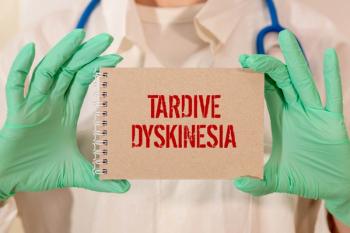
New analysis reveals Ingrezza achieves rapid symptomatic remission in tardive dyskinesia, enhancing patient quality of life and reducing disease burden.

New phase 3 data reveals seltorexant's potential as a safer adjunctive treatment for major depressive disorder with insomnia, despite not meeting its primary end point.

Esketamine nasal spray shows significant improvement in emotional blunting for treatment-resistant depression, offering hope for affected patients.

New study shows lumateperone (Caplyta) significantly improves symptoms in major depressive disorder with anxious distress, offering hope for treatment-resistant patients.

The COVID-19 pandemic has affected the mental health of residents in 2 fundamental ways; directly through infection, and indirectly, but more insidiously, through social isolation and other psychological stresses.

Bipolar disorder frequently co-occurs with OCD and complicates treatment of OCD symptoms. Special considerations are discussed.

When working with older individuals with psychiatric symptoms, most clinicians are familiar with the adage ��“start low and go slow.” But what other tips should you consider when prescribing psychopharmacology?

Impulsive and compulsive behaviors intersect and commonly occur within the same individuals.

We need to celebrate the strengths that only aging can confer.

Overdiagnosis of bipolar disorder is as important to guard against as its underdiagnosis. The use of bipolar disorder screening tools is questioned.

Experts in transgender health from around the world are participating in and making more sweeping efforts to streamline mental health care for all sectors of the population.
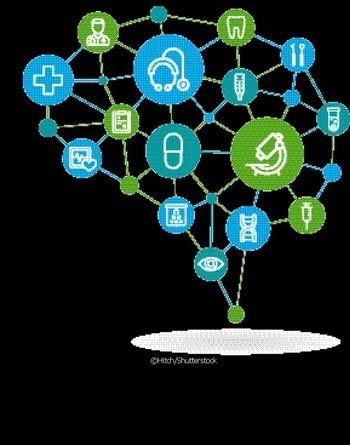
Tips to tailoring treatment of mood disorders using a measured approach.
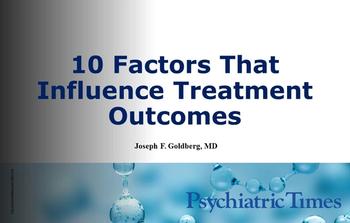
Baseline factors that can influence treatment outcomes in psychiatric treatment.

The author discusses evidence-based treatment, highlighting clinical trials that support specific uses and patterns of efficacy.
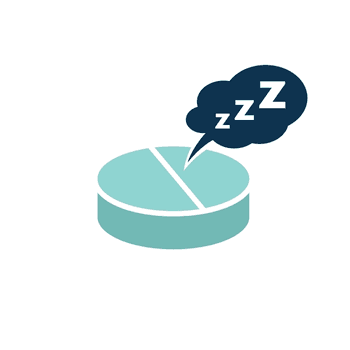
Our own melatonin plays an important role in regulating our sleep-wake cycle. Recent evidence raises questions about whether we should be taking extra doses to try to improve our sleep.

Agitation can worsen function, pose safety concerns, and increase caregiver stress. It can be both confusing and frustrating to understand and manage these behaviors, but there are several approaches that can make all the difference.
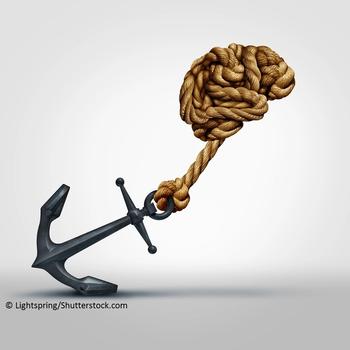
Patients with a family history of Alzheimer disease worry that normal aging symptoms are the initial indication of a progressive cognitive impairment that they have observed in their relatives. A variety of interventions are discussed.

The most frequently researched aspect of the relationship between BPD and bipolar disorder has been the frequency of their co-occurrence. Several reviews have estimated a 20% overlap in diagnostic frequency.

From addressing borderline personality disorder to preventing drug-drug interactions and more, Psych Congress faculty shared useful diagnostic and treatment information.

This overview addresses two medications for analgesia of chronic benign pain, both of which have substance abuse risks themselves.

Brain damage associated with dementia impairs affective regulation and executive function, and degrades cholinergic, serotonergic, and dopaminergic pathways. Dr Marc Agronin explains.

Excitement in digital health is growing due to rapid advances in artificial intelligence, data science, and smart devices. How will the growing number of mental health technologies impact clinical practice? Arshya Vahabzadeh, MD provides insights.

P values tell half of the story. A result that is statistically significant may actually be clinically irrelevant. More in this video.

OCD is a serious psychiatric condition that can be effectively treated, with evidence-based approaches, in a majority of cases. There are, however, circumstances that complicate our treatment of OCD, and this article presents some of these issues.

Technology will have an enormous impact on mental health, but perhaps not as soon as people think. Some of the earliest technologies to be deployed into clinical practice will help to augment clinicians, empower patients, and enable a data-driven approach to psychiatry.

P values can be deceiving. In order to determine if a clinical trial result is important, we need to look at the effect size.

Judith S. Beck, PhD discusses the importance of the therapeutic relationship in CBT. She discusses strategies for developing and maintaining a strong therapeutic alliance and explains how to overcome challenges and repair ruptures.

Jill M. Harkavy-Friedman, PhD, Vice President of Research for the American Foundation for Suicide Prevention in New York City, briefs us on a PsychCongress Pre-Conference Event.